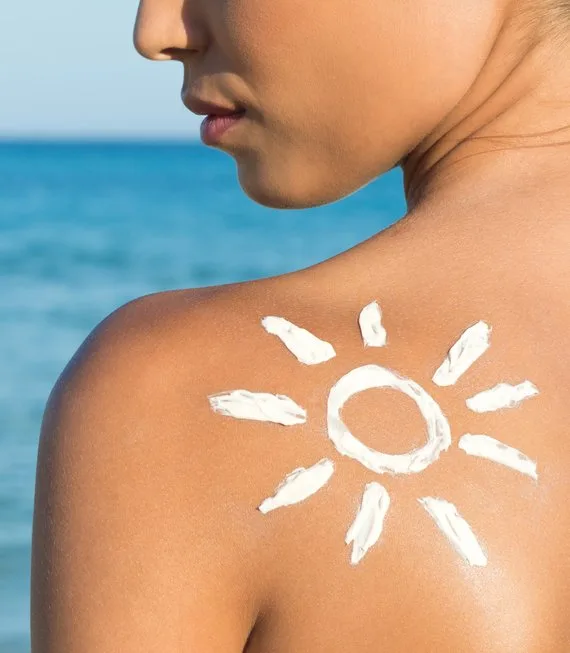As we enjoy our days often spent under the sun and outdoors, there’s no better time than now to discuss skin health and the damage that skin endures when exposed to the sun’s harmful UV rays.
We are all aware by now of the importance of wearing a good SPF every day to protect the skin from harmful environmental effects. Yet, not enough discussion takes place around Actinic Keratosis and the dangers it poses for many people.
Actinic Keratosis: The Worst Of The Sun’s UV Rays?
Actinic Keratosis (AKs), also referred to as Solar Keratosis, is a fairly common skin condition among people who live in hot, sunny regions. AKs is caused by sun exposure as well as UV radiation that occurs in tanning beds.
It presents as dry, scaly patches of skin on areas of the body typically exposed to the sun, and can appear as bumps on the arms and hands. They can feel itchy and even sore, ranging up to several centimeters in size. AKs are unsightly and cause embarrassment and discomfort for a person who develops them.
AKs tend to affect people over the age of 40, men more than women, as well as people with lighter skin complexions. Those with conditions that cause the skin to become more sensitive to the sun’s UV rays (albinism for instance) are also at a higher risk of developing AK’s.
The presence of these lesions raises a person’s lifetime risk of being diagnosed with skin cancer, and having one typically means that there are probably more lesions that have developed on the body. As such, a person with AKs would have an elevated risk of developing squamous cell carcinomas (SCCs).
SCCs are a common type of skin cancer. Left untreated, an SCC can become invasive, spreading throughout the body and becoming life-threatening. It’s for this reason that those who have developed AKs are encouraged to seek treatment without delay to be on the safe side.
Keeping Actinic Keratosis at bay
Preventative measures include avoiding exposure to the midday sun, sun tanning, and tanning beds, applying sunscreen every day (even on cloudy days), and wearing sun-safe clothing. Taking a health supplement to promote, enhance, and maintain skin health can also help reduce the risk of developing pre-cancerous skin lesions.
There is also hope for those with AK lesions. A dermatologist can help unpack the many treatment options available, such as cryotherapy and topical creams, to remove and destroy lesions with limited to no scarring taking place. Consult a medical professional to find a treatment plan that best suits you.





![women [longevity live]](https://longevitylive.com/wp-content/uploads/2020/01/photo-of-women-walking-down-the-street-1116984-100x100.jpg)









